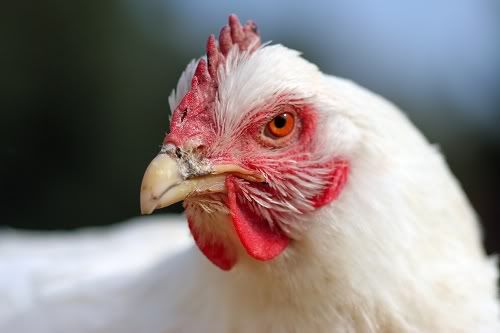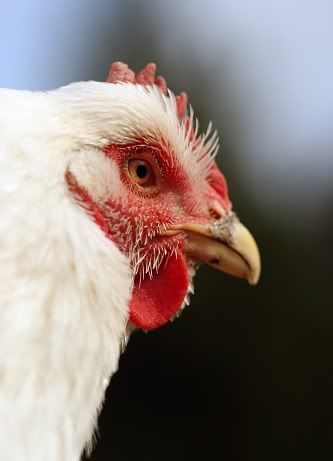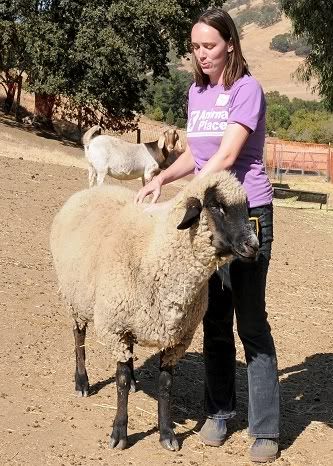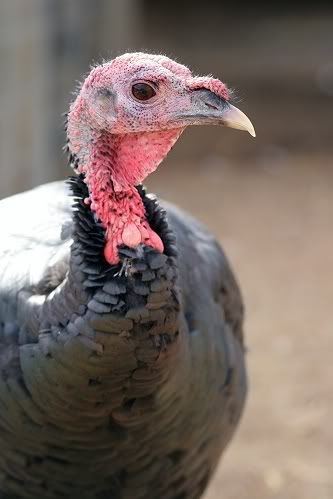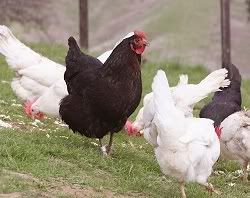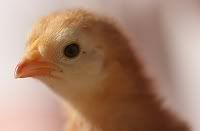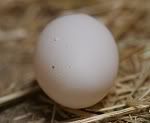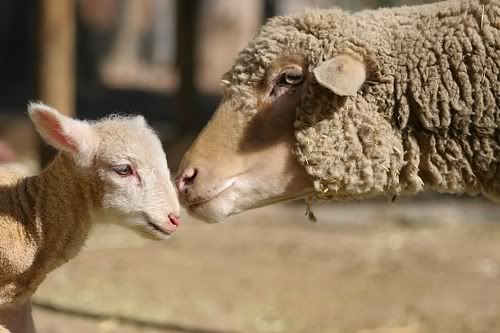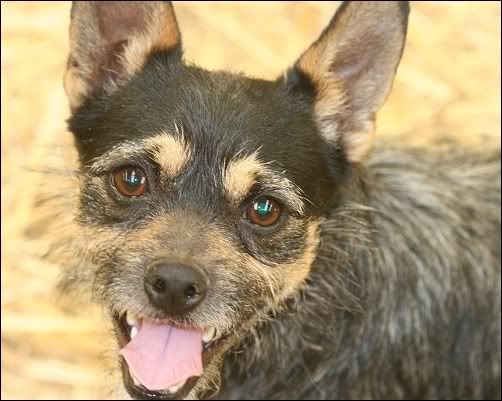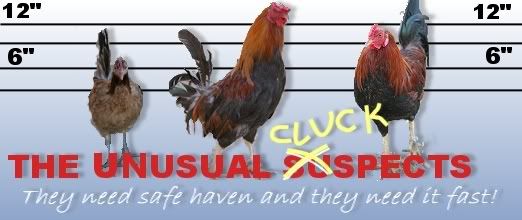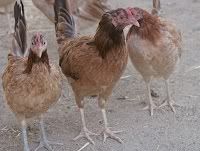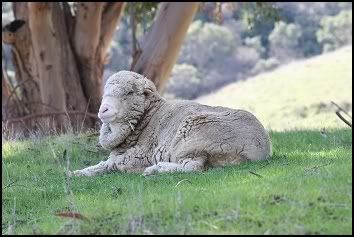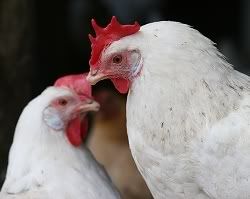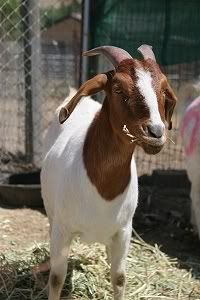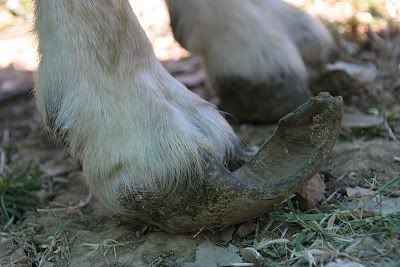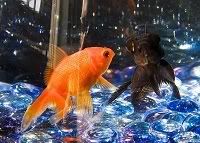In the UK, there's been a lot of open discussion about food choices. We have Jamie Oliver televising the killing of a chicken and smothering of male chicks. Eggs from battery caged hens will be banned by 2012 and gestation crates are already being phased out. News stories detail the journey of families choosing to raise animals, name them, pet them, claim they "love them", and then slit those cherished ones throats.
Here's one of those stories:
Compassionate CarnivoresFor several months, this family took superb care of two pigs, Gnasher and Rasher and then murdered them. Can you imagine doing that to your companion dog or cat? Look them in the eye and say, "Hey, it's been a great six months - time to shoot you in the head and eat you!" In countries (like the UK) where dogs and cats are viewed as "companion animals", there would be outrage both moral and legal. Yet there is nothing intrinsically different about the emotional capacity, ability to feel pain, ability to relate to people or intellectual capabilities betwen pigs and dogs...why is one "food" and the other a "companion"?
The article goes on to quote philosopher Roger Scruton, who writes, "Duty requires us therefore, to eat our friends".
It might just be me, but that has to be one of the creepier philosophical opines. When I look at my friends, I'm not sizing up their hams or determining how long their meat will last in my freezer. I don't tell my friends that I love them so much, sorry about the whole I have to slit your throat and eat you bit. No one wants to be friends with someone whose going to kill and eat them. The human family raising Gnasher and Rasher were
not their friends - they were humans who could not see past their momentary gustatory wants and desires. There is nothing friendly about the end result for Gnasher and Rasher.
"The animal brought to the table will have enjoyed the friendship and protection of the one who nurtured him, and his death will be like the ritual sacrifices described in the Bible and Homeric literature - a singling out of a victim, for an important office to which a kind of honour is attached."
I really wish these so-called "compassionate carnivores" would stop couching the killing of
friends in such euphemistic ways. Honor? Important office? Friendship and protection?
I doubt Gnasher and Rasher were particularly honored about the whole throat-slitting business. Farmed animals would probably be okay without the honor, friendship, protection and ascension to an important office that humans want to give them. Knowing farmed animals (and I do), they would like to graze, snooze, meander around looking for food, play, annoy each other, make friends, fight, make babies, and live their life according to their emotions, instincts, and preferences (kinda like people, really). They have little interest in being eaten.
As always, it boils down to this fact:
We don't need meat to survive. Being "friends" with your "food" doesn't change this fact, nor does it make the rather brutal violation of trust any more or less cruel than the way animals are treated on factory farms. Killing other living, sentient beings - when we don't need to - is not compassionate, kind, nice, friendly, protective or any other adjective guilt-ridden humans want to think up. It's actually quite petty and mean.
Now, we are all on our own paths. Some of us arrive at the aforementioned conclusion sooner than others. Some of us never arrive. For the animals' sakes, please consider eliminating meat, dairy and eggs from your diet. If you aren't ready for that commitment, at least limit your meat and dairy intake - choose to eat heart and planet healthy.
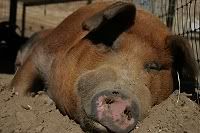 The Netherlands is phasing out the sale of meat from male pigs who have been castrated. Piglets are castrated without the benefit of anesthesia, causing undue suffering to the animals. No mention of actual time line of the phaseout but possibly within the next two years. We are uncertain if this applies to pigs exported out of the Netherlands, though it will apply to animals or meat imported into the Netherlands. The Dutch export nearly 9 million pigs or pig flesh annually.
The Netherlands is phasing out the sale of meat from male pigs who have been castrated. Piglets are castrated without the benefit of anesthesia, causing undue suffering to the animals. No mention of actual time line of the phaseout but possibly within the next two years. We are uncertain if this applies to pigs exported out of the Netherlands, though it will apply to animals or meat imported into the Netherlands. The Dutch export nearly 9 million pigs or pig flesh annually.
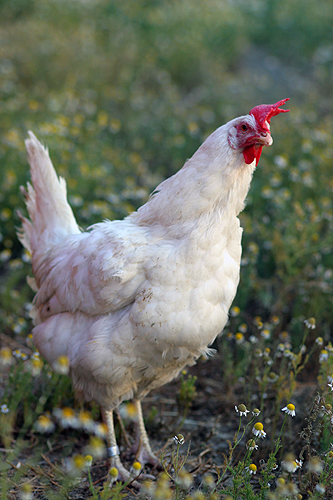
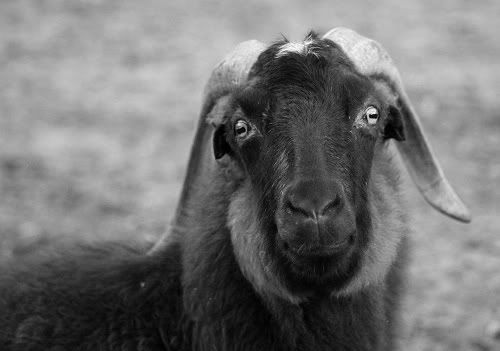
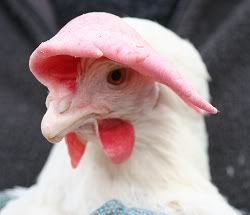 Nearly 650 hens from a factory farm are safe and sound, their lives spared because of the dedication and commitment of one individual. Ah, the power of one!
Nearly 650 hens from a factory farm are safe and sound, their lives spared because of the dedication and commitment of one individual. Ah, the power of one!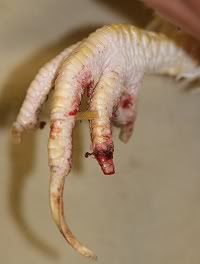 Thanks to Animal Place and several shelters, these hens will have a life all chickens deserve - a free one. They will know how dirt, rocks and sand feel beneath their feet. They will see the sun, scratch in the dirt, lay their eggs in nests instead of on a cage floor. Their food will no longer contain antibiotics; their source of light will no longer be controlled by machines. They will receive names and their adopters will appreciate all their individual quirks.
Thanks to Animal Place and several shelters, these hens will have a life all chickens deserve - a free one. They will know how dirt, rocks and sand feel beneath their feet. They will see the sun, scratch in the dirt, lay their eggs in nests instead of on a cage floor. Their food will no longer contain antibiotics; their source of light will no longer be controlled by machines. They will receive names and their adopters will appreciate all their individual quirks.
